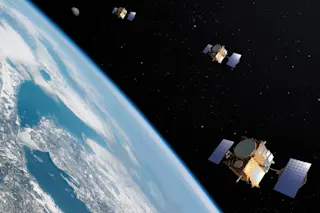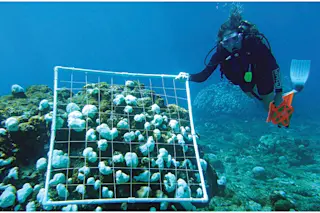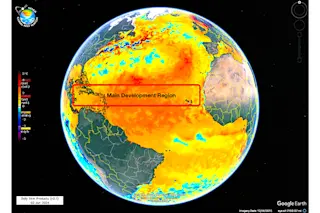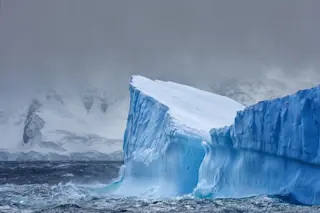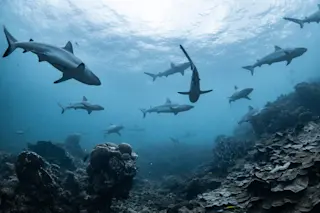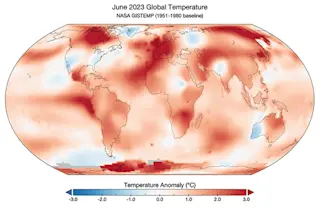Meteorologist William Gray may be the world’s most famous hurricane expert. More than two decades ago, as professor of atmospheric science and head of the Tropical Meteorology Project at Colorado State University, he pioneered the science of hurricane forecasting. Each December, six months before the start of hurricane season, the now 75-year-old Gray and his team issue a long-range prediction of the number of major tropical storms that will arise in the Atlantic Ocean basin, as well as the number of hurricanes (with sustained winds of 74 miles per hour or more) and intense hurricanes (with winds of at least 111 mph). This year, Gray expects more activity, with 15 named storms, including 8 hurricanes. Four of them, he says, will be intense.
How did you get involved in predicting hurricanes?
G: It was an outgrowth of my teaching. We always wanted to know when we went to Florida whether ...




